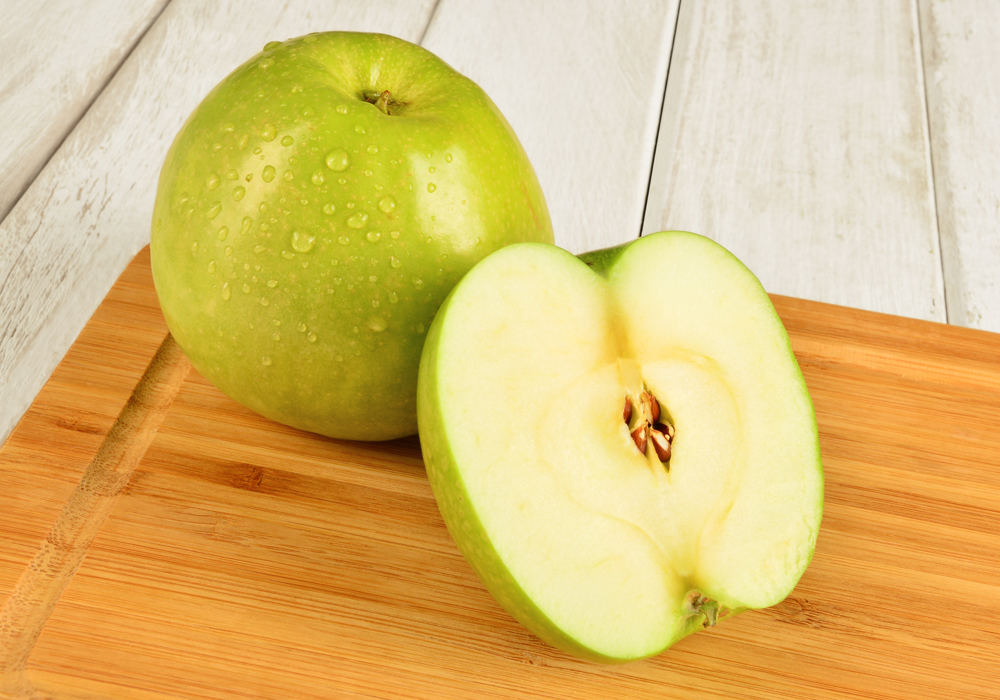Organic agriculture needs to reconsider its hard-line stance against biotechnology, says University of Saskatchewan plant scientist Steve Shirtliffe.
Otherwise, he says, people in the sector are in danger of becoming Luddites.
In November, the U.S. National Organic Standards Board said it was rejecting all new forms of biotechnology for plant breeding, including genome editing and gene silencing.
“The National Organic Standards Board has made clear that all kinds of genetic engineering are to be excluded from ‘organic,’ ” said Jaydee Hanson, a senior policy analyst with the Center for Food Safety.
Read Also

Canadian Food Inspection Agency slammed for handling of bovine tuberculosis case
The federal government leans heavily on producers to “take one for the team” and risk their livelihoods without any reassurance of support.
The standards board makes recommendations for organic farming policy in America, but the U.S. Department of Agriculture’s National Organic Program has the final say on regulations.
If the USDA agrees with the standards board, Canada would likely have to adopt a similar policy on biotechnology because the U.S. is the major market for organic food.
Organic farmers have refused to grow genetically modified crops for years, but this rebuff of the next generation of biotechnology comes at a unique time in plant science.
Many experts believe new tools, such as gene editing, could revolutionize plant science and help researchers develop crop traits more quickly and efficiently.
“Some emerging genetic engineering technologies have the potential to create novel plant varieties that are hard to distinguish genetically from plants produced through conventional breeding or processes that occur in nature,” the U.S. National Academy of Sciences said in a report released earlier this year.
Shirtliffe, who studies organic and sustainable production at the U of S, said the organic sector needs to move beyond its anti-biotech posture.
“Is the organic industry going to firmly ensconce itself in the Luddite camp?” he said.
“We’ve had GMOs for, how many years has it been, over 20 years. The world hasn’t stopped turning. Horns haven’t grown out of anybody’s head.”
The hostility to biotech might be attributed to larger issues, such as the anti-corporate and anti-globalization sentiment within the organic sector.
However, Shirtliffe thinks organic should be more than a protest movement.
“Organic has a lot of really good things going for it,” he said.
“We’re bringing a lot of good things to agriculture, but to have it be labelled as just being ‘anti-something’ is not a very good message. You should be talking about what you’re for, not what you’re against.”
Rob Wallbridge, board member with the Organic Council of Ontario, is also concerned about the National Organic Standards Board decision.
Turning away from all forms of biotechnology may not be sustainable.
“Somewhere down the road there’s going to have to be a more nuanced approach to it,” he said.
“We’re seeing these technologies multiply and they’re becoming democratized, where they’re no longer just the purview of the big, multi-national corporations.… It’s going to become increasingly difficult to know where to draw the line.”
As an example, Shirtliffe isn’t sure why organic leaders oppose beneficial biotech innovations such as Golden Rice, a variety of rice fortified with Vitamin A.
“Organic has been getting some bad press because (people) bring up the Golden Rice issue,” he said.
“It’s really hard to argue against traits like that.”
Another technology that’s difficult to reject is a recently developed tool called CRISPR, which allows researchers to precisely delete or insert a gene in a plant’s genome.
Many scientists say CRISPR is an elegant form of mutagenesis. In mutagenesis, scientists scramble a plant’s DNA with chemicals to generate a random mutation.
Organic farmers grow crop varieties developed through mutagenesis, so CRISPR should also be acceptable, Shirtliffe said.
“Let’s be rational,” he said.
“CRISPR, you could argue, is a well-informed mutagenesis.”
The National Organic Standards Board said it’s opposing the new technologies because crops and food could be entering the marketplace without “adequate health and environmental safety assessment.”
That might be part of the logic, but the organic sector may also be worried about consumer response.
“A segment of consumers that support organic have a visceral negative reaction when it comes to genetic engineering,” Wallbridge said.
“The organic value proposition covers a lot more than simply non-GMO, but I think that’s kind of become a flashpoint … for consumer concerns,”
Shirtliffe would like the organic sector to evaluate new innovations on a “trait by trait” basis rather than focus on the scientific process that generated the crop trait.
Earlier this year, he made such a suggestion at an organic conference.
“I said it and the room just went silent. Not a person said anything.”
But later, after the session, several people spoke to Shirtliffe and privately expressed their support
“I said it to just to get a conservation going. Let’s talk about this.”
















